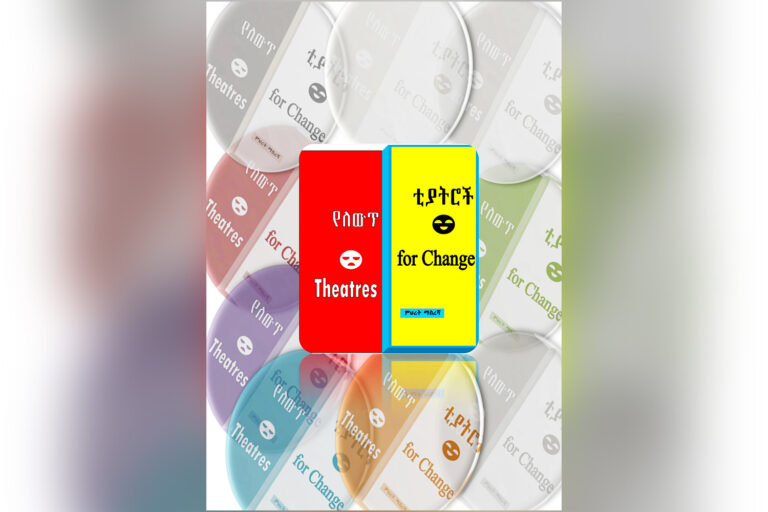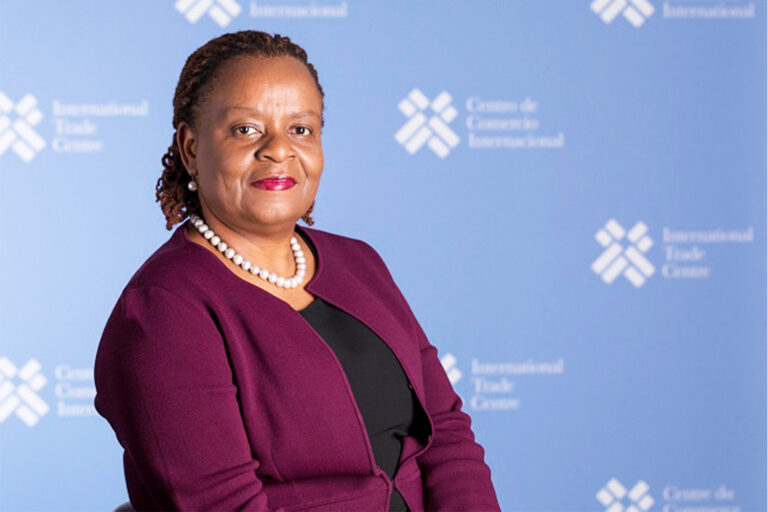By Etsubdink Sileshi
As far as the digitization of societal life is concerned, the corona pandemic will be remembered as a watershed moment. Even-though we are still living under its shadow our experience to date has made it clear that- digitization is indispensable to many aspects of our societal life both at normal times and when we face problems of this proportion. From keeping economies relatively robust, to helping societies stay more resilient (the communal aspect), and to effectively fighting the pandemic through efficient communication, contacting and tracing. Especially, markets are becoming more and more dependent on the internet. The digital economy is getting bigger and bigger on every passing day. Digital economy, here, refers to the use of ICT by consumers, businesses and by the public so as to improve the life of a society.
The digital economy, enables the conduction of trade in goods and services on the internet. This requires physical and software infrastructure. .Since the advent of the internet, there has been a huge shift from the conventional economy-cash based-physical transaction, to e-commence and e-business -using digital payment .This has improved societal well-being by increasing productivity, widening employment opportunity ,boosting business efficiency and competitiveness. And at this particular time, when, lives and livelihoods are impacted by corona pandemic, where home is the new office and physical contact is less appealing, improved digitization paramount importance. In an extraordinary time, where we are required to stay distant from each other, only digitization makes us present while absent.
It is said that “data is the new oil”. If so, digitization is the drilling, refining and consumption of that data. From labor market, to tele- medicine, to online schooling, nearly every aspect of our life has gone online. In the traditional economy, we have had “oil” and “non-oil” economies. Now, digitization is becoming a new sorting element to classify economies. The divergence between the new “digitized” and “non-digitized” economies is emerging in front of our eyes .As of May, according to UNESCO, about 1.5 billion pupils in 165 countries (87% of the global student body) are affected by the pandemic. We don’t have a clear number on how many of these children are using digital technology to continue studying from home. However, we can reasonably guess that children in poor countries where the internet infrastructure is low, and parents too poor to afford for smart phones or computers to be dispassionately affected. Even, parents with access to internet cannot afford as many computers as the number of their children. This gap in human capital among the poor and rich families (countries) will haunt them throughout their lifetimes via low productivity (wage), delayed experience(less wealth) as individuals, and forgone labor hours, un accumulated human capital, and prolonged disruption the entire economy at macro-level. Better internet access and quality digital products means -well digitized societies are surviving while those wandering in the traditional physical market, cash -money, office working, chalk-board based schools are lagging behind. As for digitization, the benefits to the rich and the losses to the poor will continue to compound unless the later devise their way to jump on to the train of digital economy.
When it comes to digitization in Ethiopia, it is at a low level but with a fertile environment if harnessed well (Only a handful of businesses in the transportation, financial, and entertainment sector are based on the internet). Young and literate population is key for internet economy which Ethiopia is rich with. This creates high appetite for technology, innovation, and vibrant internet economy. However, the current state of this sector is disappointing. For instance, only graduate level studies went online smoothly following the Corona lock down. The undergraduate, and every other class below that is on a pause (at least partially). National exams are yet to be conducted. Of course, there are efforts to reach out undergraduate students by availing relevant online materials for free. But, given the acute shortage of electricity in most rural areas (The GERD on Abbay will come to the rescue of the coming generations), students’ ability to have smart phones or PCs, the effort is less likely to materialize.
Despite all this, three recent developments in Ethiopia are worth examining as they appear to play key roles in digitizing the Ethiopian economy. One such important development is the initiative to expand the telecom service with private-actors’ involvement. Months have passed since we started hearing about the expression of interest by private(foreign) Telecom service providers .Given Ethiopia’s rising population with high demand for goods and services in one hand and the crawling telecom sector on the other (in a recent report, Ethiopia ranks 170th out of 176 in ICT development index) on the other hand, it is fair to say the state of ICT needs to be transformed. Improved accessibility, higher service quality and efficiency in the ICT sector are needed badly. As the world’s economies are busy migrating the old structure in to the internet world, Ethiopia must align and realign itself with digital currents of our time- for we are living in a watershed era as far as digitization is concerned(My opinion, here, should not be taken as a call to privatize Ethio-telecom. That is not my intention, at least for now. What I am trying to emphasis is that we need more than one telecom service providers. That way the consumer gets a choice, and competition and efficiency follow naturally.).
The second important development is the National Bank of Ethiopia’s new regulation to limit cash withdrawal from banks. When this news came out I was wondering the appropriateness of limiting cash flow in an already pandemic hit economy. You know, people are less mobile, means, transactions go down. A closer examination shows that it doesn’t affect transactions for the low income households/businesses (200,000 ETB per day is big money). And for medium and big businesses they are already in to the business of non-cash economy-They use CPOs, Checks and other non-cash banking services. Hence, NBE’s action is more likely to enhance the amount of money circulating through the banking system. And by denying large amount of cash withdrawal it ensures no cash is buried under mattress-the whole cash in the economy will flow in the formal channel. This reduces liquidity problems by banks. A related benefit is that people will switch to cashless transaction which is likely to reduce the transmission of diseases including corona. Forced digital transaction, adequate liquidity in the banking system, less theft and corruption are immediate benefits of such measures by NBE (with appropriate cyber security)
The third and my last point on why the Ethiopian economy is ready to embark on digital journey is the new proclamation approved by the parliament to introduce e-payment. This is a good news! By establishing the digital frame work, defining the rules of the game, this newly introduced e-transaction bill will serve as an appetizer for large scale leap to transform businesses, commerce, and public services in to the new economy. The future is in the internet. Any business that hesitates to immerse itself in to this new vibrant world, will be left to the vagaries of the past physical world. In a time when data are the central ingredient in production of goods and services, and when the data is stored and manipulated on the internet, survival of the digitized and destruction of old business models is natural course of a socioeconomic evolution.
The author has an MA in Economics. You can contact him via: etsubdink08@gmail.com






